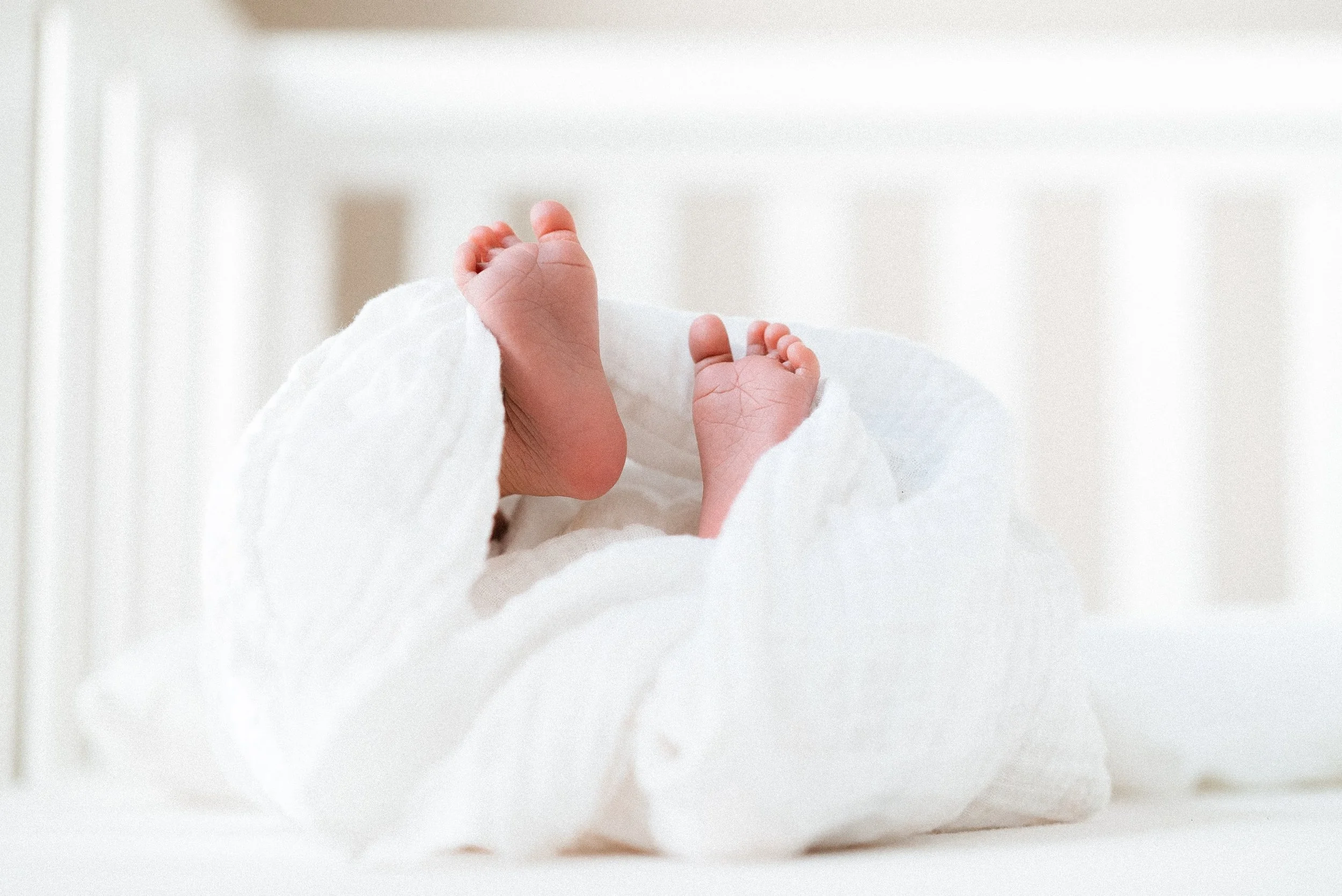Postpartum Anxiety
Our maternal mental health series continues today with a lesser discussed mental health issue that can arise during the postpartum period- postpartum anxiety. Postpartum anxiety impacts between 11% and 21% of birthing parents. For something that impacts so many people, it’s surprising that we don’t talk more about it, but even in the medical community there is not a specific screening for postpartum anxiety and often it is parsed out following a screening for postpartum depression.
There are clear differences between postpartum depression and postpartum anxiety. While a hallmark of postpartum depression is excessive sadness, the major hallmark of postpartum anxiety is excessive worry and panic. While there are other symptoms that overlap the two, this is the major differentiator. To add additional confusion, much like the way that all squares are rectangles but not all rectangles are squares- many people experiencing postpartum depression will also experience aspects of anxiety, however not everyone who experiences postpartum anxiety will have an episode of depression.
Other symptoms of postpartum anxiety include:
Staying awake all night because you are afraid your baby will stop breathing in their sleep (especially in the absence of any health issues).
Being terrified to leave your baby alone for a few minutes with your partner or an adult you trust
Being so afraid someone will hurt you or your child that the thought of leaving your house makes your heart race.
Disrupted sleep.
Racing or elevated heart rate
Nausea or stomach aches.
Feeling short of breath or like you cannot get a full deep breath (even if doctors have determined that you are in fact breathing)
Loss of appetite.
Trouble sitting still.
Muscle tension.
Inability to relax or keep calm.
Racing thoughts, especially about worse-case scenarios.
Obsessing over irrational fears or things that are unlikely to happen.
Difficulty focusing or forgetfulness.
Irritability.
Feeling on edge or fearful.
Avoiding certain activities, people or places.
Being overly cautious about situations that aren't dangerous.
Checking things over and over again.
Postpartum anxiety is also absolutely not something you have caused to develop. There are a number of contributing factors to developing postpartum anxiety (none of which are things you have chosen to do or create). These include, as with postpartum depression, hormone changes and fluctuations- these are totally normal following a birth and they absolutely impact things like mood, sleep deprivation – also completely normal in caring for a newborn, navigating the transition to parenthood and the responsibility of caring for another being, stress surrounding potential early milestones like breastfeeding, family history of anxiety or depression, previous pregnancy or infant loss, your baby having health issues, and a lack of support system. All of these risk factors are largely out of your control and are things you wield little influence over.
-to be crystal clear- Postpartum anxiety is not your fault.
So what do you do if you think you might have postpartum anxiety? Well, as with postpartum depression, connect with your doctor and search for a maternal mental health provider in your area. Therapy and developing a solid support network can be lifechanging in navigating postpartum anxiety. If you find that that isn’t enough, there are also support groups for new parents (and even more specialized groups if you’re navigating something specific like an illness). Additionally, should you find that even with these added supports that you’re still finding yourself panicking, medication may also be an option for you (but for those who are concerned, it does not have to be your frontline treatment if that doesn’t fit your life. Definitely talk about all of your options with your mental health professional and healthcare provider).
If your loved one is struggling with postpartum anxiety, the best thing you can do is be a support. Check in with them, not just about the baby but about how they are feeling and navigating things. If you’ve experienced postpartum mental health challenges and you feel comfortable, share your experiences with them. Reassure your loved one that they are a good parent. Offer assistance with non baby related chores or need to dos like grocery shopping, meals, and cleaning. Communicate that they are not alone in this.
